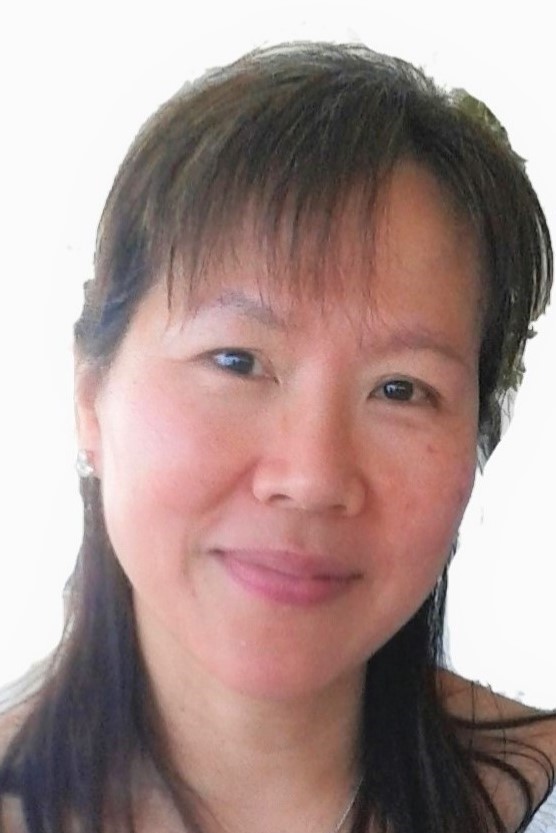Awarded in partnership with Dementia Australia Research Foundation (DARF)

Dr Lisa Wong
Western Sydney University

Dr Lisa Wong has worked in aged care, mental health and palliative care for over 35 years. Lisa has been teaching health care professionals in universities and was a clinical educator at the same time. Lisa achieved her PhD in Nursing from the University of Technology Sydney, and the area of her PhD study is dementia. Lisa also has a Master’s degree in Care of Elderly People from the UK. Lisa’s long-held passion is to improve the quality of care for elderly people and their carers, especially those with culturally and linguistically diverse (CALD) backgrounds.
The effectiveness of a co-designed and culturally adapted dementia support program for Chinese-Australian carers
The original Carer Support Program (CSP) was effective in achieving carer self-efficacy and improved self-management of health/well-being (Chenoweth et al., 2016). This Chinese version of the CSP will adapt and translate the effective components of the original program for Chinese carers. The aim of this project is to investigate whether the Chinese version of CSP proves effective for carers as occurred with the original CSP. The proposed project will use a quantitative pre/post/follow-up study design, comparing pre/post data for CSP effectiveness using validated measures, and follow-up data to assess program benefits for carers. The CSP consists of eight weekly support sessions delivered to carers via local Chinese community services. Seven carer support groups, with up to 10 carers per group, will be involved. This study will potentially increase carer self-efficacy for caregiving and improve carer health and well-being. The study also aims to further inform culturally relevant carer support programs.
Award: $29,730.79